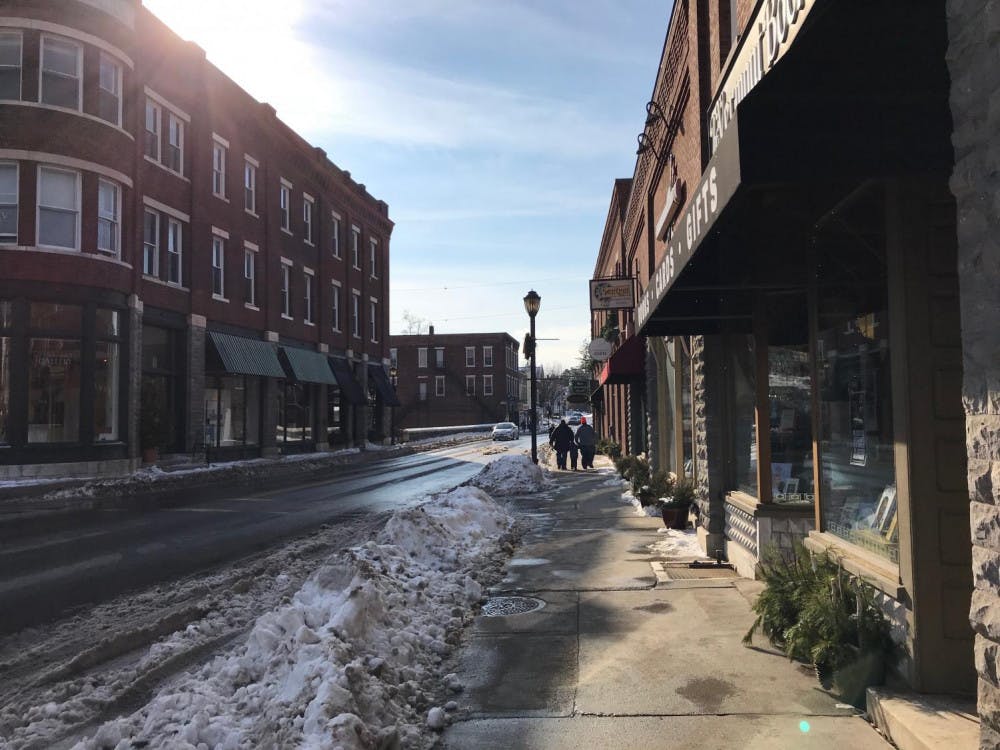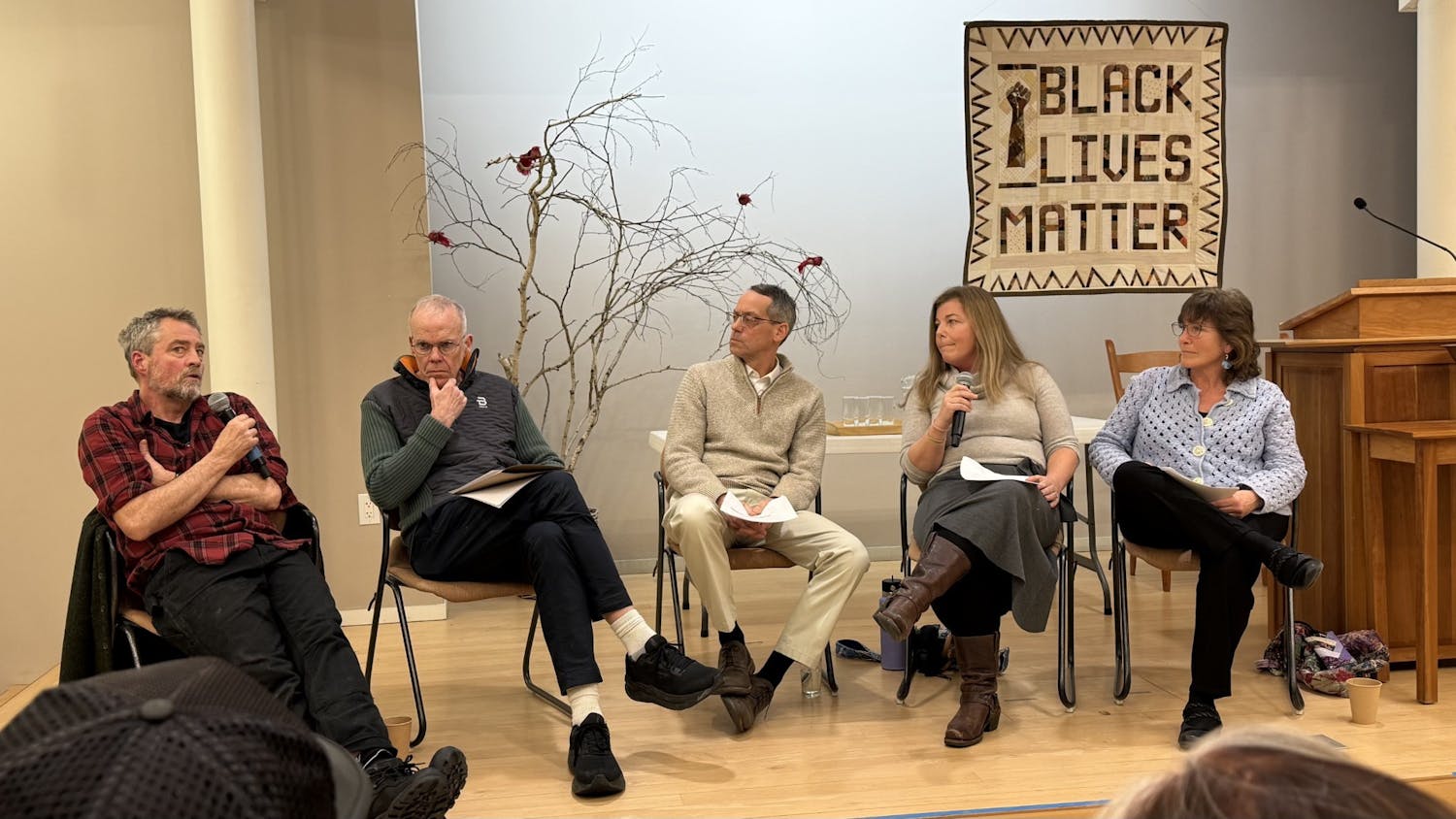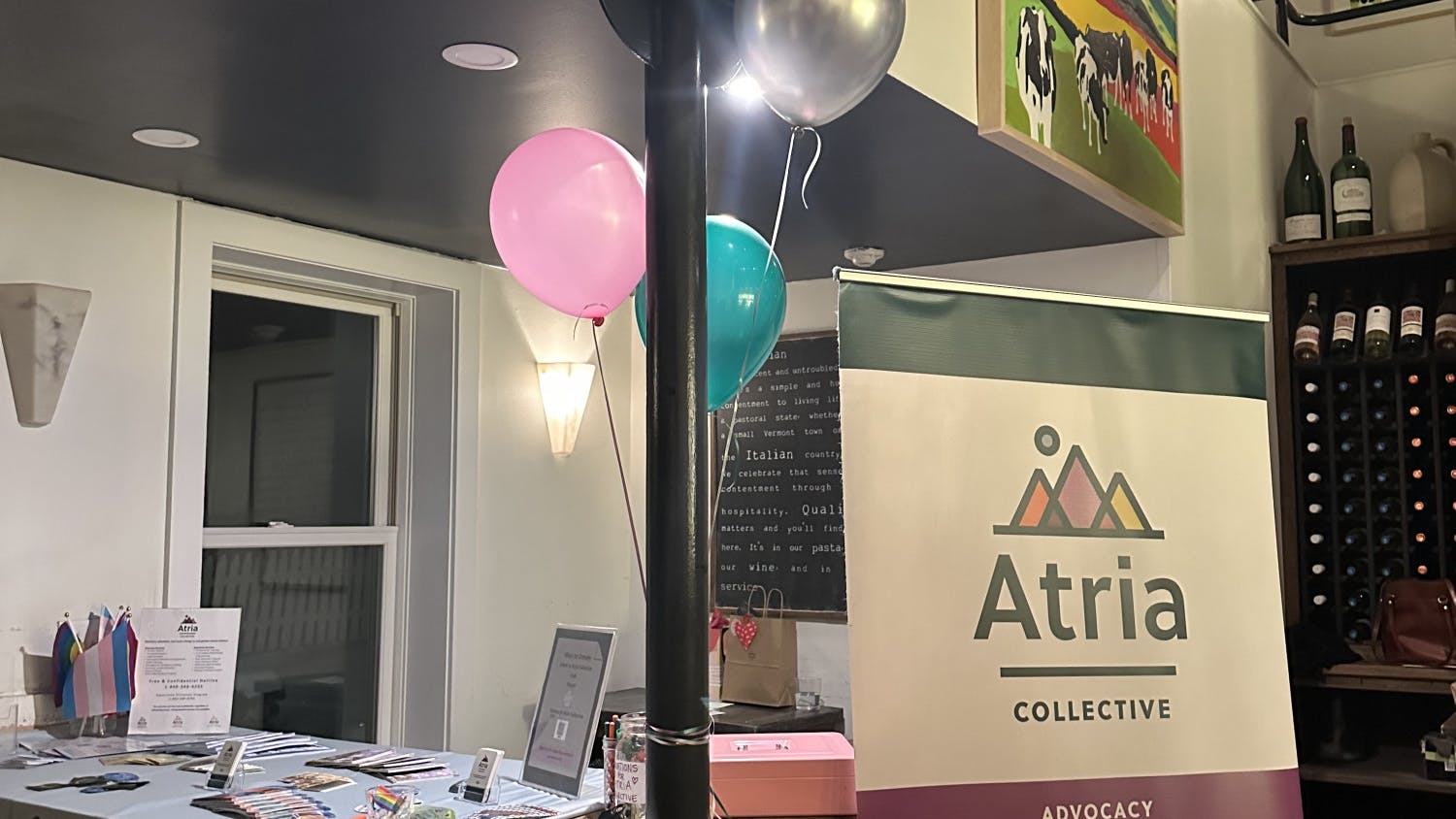Middlebury businesses are facing increasing hardship after Governor Phil Scott issued a “Stay Home, Stay Safe” order for the state of Vermont on Tuesday, March 24. Issued as an amendment to the state of emergency declared on March 13, the order prohibits the in-person operation of non-essential businesses, forcing stores to resort to delivery and curbside pick-up when possible.
Certain organizations are exempted, including pharmacies, law enforcement and grocery stores. Generally, however, Vermonters are being asked to stay in place until at least April 15 — although Governor Scott can extend it at any time.
“I fully recognize the emotional, financial and economic impact of these decisions,” Scott said in a press release on Tuesday, “but based on the best science we have available, these measures are necessary.”
In a town where most stores rely on foot traffic and business from college students, these changes have precipitated lay-offs and other austerity measures.
Nancie Dunn, owner of Sweet Cecily, closed her business on March 18, “which was difficult and confusing and hurt my heart.” Sweet Cecily is located at 42 Main Street and sells unique gifts and artwork hand-picked by Dunn.
Like many business owners, Dunn had to lay off her employees upon closing. “Several [employees] have applied for unemployment benefits to tide them over, and I will be grateful when their first check arrives,” Dunn wrote in an email to The Campus.
Dunn will try to continue to make sales on Sweet Cecily’s social media accounts and website by shipping gifts to customers. Other stores, such as The Vermont Book Shop, have taken similar measures.
“We’re closed,” said Becky Dayton, owner of The Vermont Book Shop located at 38 Main Street. “Previously, we did curbside pick-up and delivery, but we can no longer continue to do so.” Even though customers cannot have books delivered directly from the store, they can continue to support the store by buying from their affiliated page at bookshop.org.
Hotels and other accommodation businesses, like the Swift House Inn, were forced to shut down completely.
“[The order] didn’t really affect us very much, because we have no reservations for the next three weeks, so we were closed by default anyway,” said Dan Brown, the innkeeper and owner of the Swift House, which closed on March 24.
While Brown says that the Stay Home mandate is the best solution to avoid overcrowding limited state resources, he acknowledges the strain that it puts on businesses.
“Expenses don’t stop when the closed sign goes up,” said Brown, who is hoping to receive support from the federal and local government. “We’ve laid off all of our personnel, but there’s recurring fixed costs that don’t go away.”
Restaurants in Vermont have been restricted to curbside-only service since March 17.
Some restaurant owners, such as Justin Wedge of Noonie’s Deli, feel pressure to continue serving customers to keep their businesses afloat. While Noonie’s laid off all employees on March 18, Wedge has continued to deliver and provide curb-side pick up to customers with the help of his wife, Meagan Oberly.
“I have elderly parents whom I live with, and it’s tough coming here,” Wedge said. “I’m trying to be as careful as I can.”
Wedge’s wife also suffers from an immunodeficiency called sarcoidosis, which may place her at heightened risk for Covid-19.
“We have to be here or else we’ll lose our deli,” said Wedge. “[My wife] is willing to take the risk, and I’m willing to take the risk. It’s a lose-lose situation for everyone.”
Despite these worries, Wedge tries to remain optimistic. “Hopefully, everyone will make it through. Things will get better,” he said.
Dunn of Sweet Cecily agreed.
“I know we will survive this,” said Dunn, “and at some point I’ll be reopened, planting pansies in my flower boxes and taking deliveries again with my staff, busy and happy.”
Click here for The Campus’s comprehensive guide to business closures in Middlebury.

Lucy Townend '22 is a Managing Editor alongside Abigail Chang.
She previously served as a senior section editor, a local editor, and a copy editor.
Townend is majoring in International Politics and Economics, studying French throughout her years at Middlebury and is planning on completing a thesis focused on income inequality and regime change.
This previous summer, Townend interned as a private banking analyst at a mid-sized bank in Chicago and plans to continue her work there after graduation.




